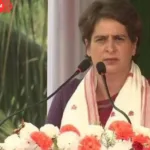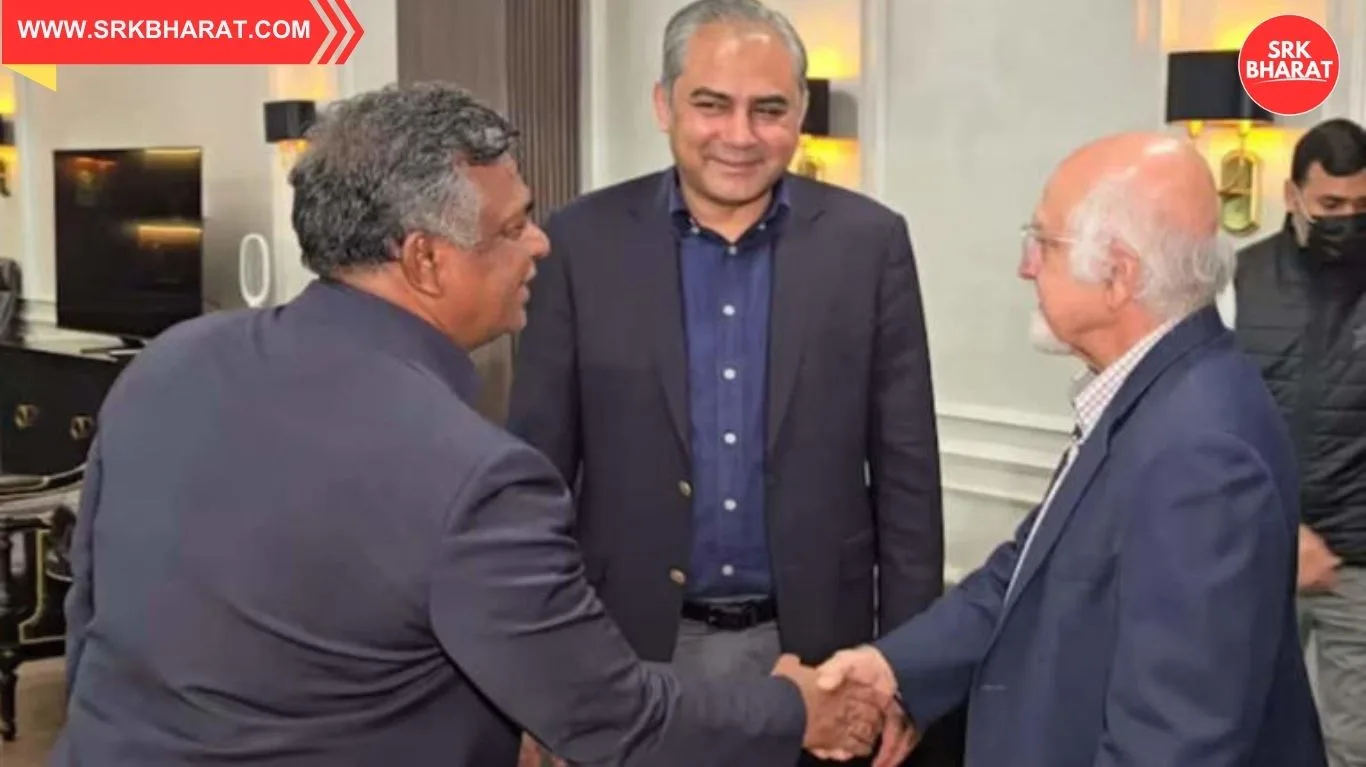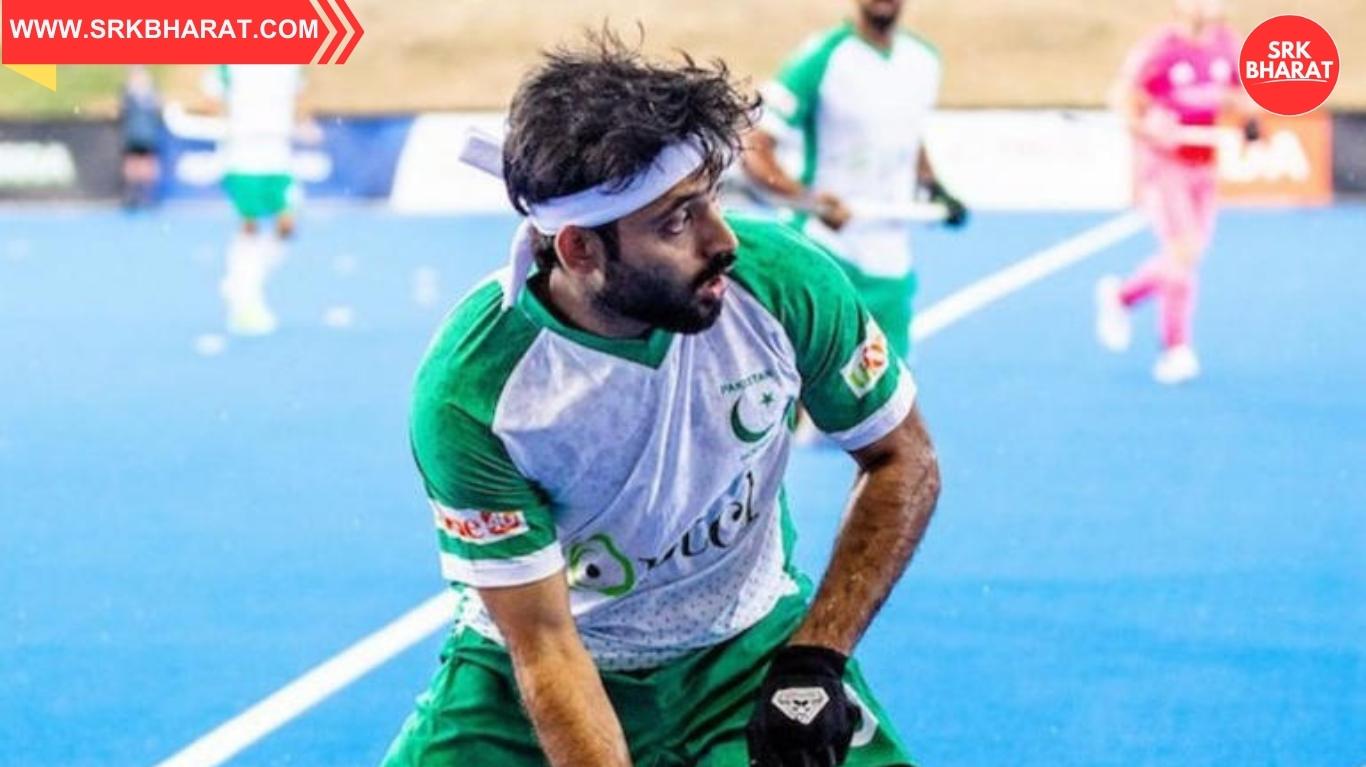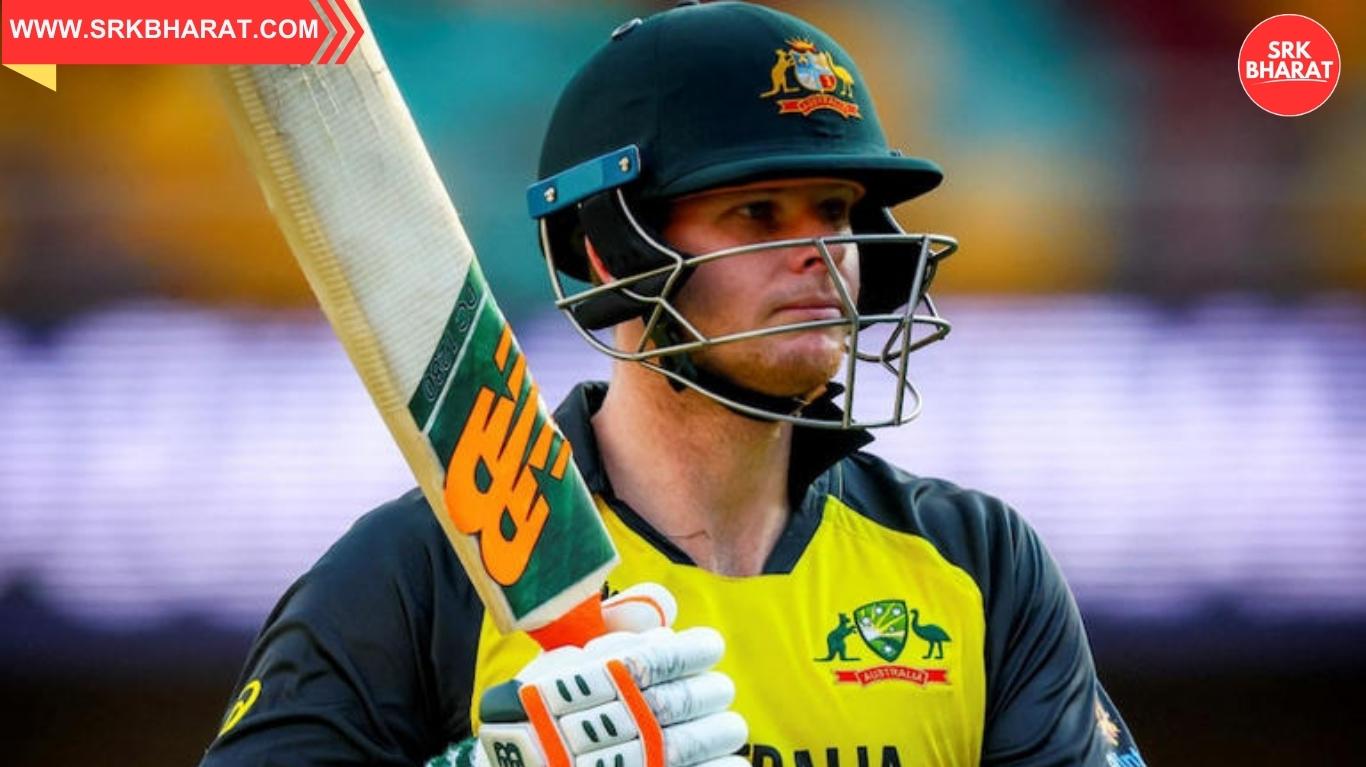At just 18 years old, Gukesh Dommaraju, the young chess prodigy from India, has stunned the world by becoming the Chess World Champion, defeating some of the most seasoned grandmasters on the planet. While his flawless opening preparation, sharp middle-game calculations, and strategic endgame mastery have been widely praised, Gukesh himself points to an unexpected factor behind his success — meditation.
In a candid conversation with chess enthusiasts and media, the champion revealed how the ancient practice not only sharpened his mind but also helped him navigate the psychological intensity of elite chess tournaments.
The Turning Point: Discovering Meditation
Gukesh recalls that his first brush with meditation came at the age of 14, when his coach suggested it to help him handle tournament pressure. Initially skeptical, he soon realized that meditation was more than a relaxation tool — it was a method to train the mind like a muscle.
“Chess is as much about the mind as it is about the pieces on the board,” Gukesh said. “Meditation gave me the ability to stay in the moment, block out distractions, and handle setbacks during a game.”
Over time, meditation became a daily ritual for him, often practiced before matches and during rest days.
How Meditation Boosted His Chess Performance
According to Gukesh, meditation had several direct effects on his gameplay:
| Benefit of Meditation | Impact on Chess |
|---|---|
| Improved Focus | Better calculation and avoidance of blunders |
| Emotional Stability | Reduced tilt after losses and better control of nerves |
| Patience | Enhanced decision-making in long positional battles |
| Mental Endurance | Sustained energy during marathon matches |
| Creativity | More original and flexible thinking in complex positions |
He also credits meditation for improving his opening preparation — not by magically predicting moves, but by allowing him to calmly process large volumes of theory without mental fatigue.
Training Routine: A Balanced Approach
While chess training for most professionals includes hours of opening theory, tactical puzzles, and game analysis, Gukesh’s schedule incorporates dedicated mindfulness sessions.
Sample Daily Routine of Gukesh Dommaraju (Tournament Season):
| Time Slot | Activity |
|---|---|
| 6:30 AM – 7:00 AM | Morning meditation |
| 7:15 AM – 8:15 AM | Light physical exercise & breakfast |
| 9:00 AM – 1:00 PM | Chess opening preparation & analysis |
| 1:00 PM – 2:00 PM | Lunch & short walk |
| 2:15 PM – 3:00 PM | Pre-match meditation & mental visualization |
| 3:00 PM – 8:00 PM | Tournament games |
| 8:30 PM – 9:00 PM | Post-game review |
| 9:15 PM – 9:45 PM | Evening meditation |
| 10:00 PM | Rest & sleep |
Meditation and Pressure Handling
The 2025 Chess World Championship final against a former champion tested Gukesh’s composure to the limit. Facing time trouble in a decisive game, he relied on breathing techniques learned through meditation to steady his nerves.
“I could feel my heart racing, but instead of panicking, I returned to my breath. That gave me the clarity to calculate accurately under extreme pressure.”
Sports psychologists note that mindfulness-based interventions have been increasingly adopted by elite athletes across disciplines, from tennis to Formula 1, but Gukesh’s case shows how transformative they can be in mental sports like chess.
Role of Coaches and Family Support
Gukesh’s coaches have fully embraced his meditation habit, integrating it into his training plan. His parents, too, have been instrumental — ensuring a supportive environment that balances discipline with emotional well-being.
His father, a doctor, reportedly encouraged him to use meditation not only for competition but also for maintaining overall mental health in a high-pressure career.
The Global Chess Community Reacts
The chess world has taken note of Gukesh’s approach. Many young players are now exploring meditation apps, yoga, and mindfulness exercises as part of their preparation.
Reactions from Chess Figures:
- A fellow Grandmaster commented: “Gukesh’s mental calmness on the board is extraordinary for his age. Clearly, meditation has played a role in building that resilience.”
- A sports psychologist noted: “He is a perfect example of how cognitive training and emotional regulation can be game changers in competitive chess.”
The Rise of Mindful Chess Training
The success of Gukesh has sparked discussions in chess academies about integrating mental training alongside technical chess instruction.
Some academies are experimenting with group meditation sessions before tournaments, inspired by his victory. The idea is that calmness under pressure can often be the deciding factor in evenly matched games.
Meditation Tips from the Champion
For aspiring chess players, Gukesh offers simple meditation tips:
- Start Small – Even 5 minutes of focused breathing daily can help.
- Consistency Over Duration – Practice regularly rather than occasionally.
- Mindful Breaks – Use meditation to reset between intense study sessions.
- Visualize Success – Before matches, picture yourself playing calmly and confidently.
- Detach from Results – Focus on quality of play, not just winning.
A New Generation of Champions
Gukesh’s triumph marks a shift in the chess world — where mental mastery is as celebrated as tactical brilliance. At 18, he has already inspired countless young players not just in India, but globally.
His journey proves that the road to becoming a champion is not solely about memorizing openings or solving puzzles, but also about mastering one’s inner game.
With this blend of technical excellence and mental discipline, Gukesh is poised to dominate chess for years to come.
Disclaimer: This article is based on interviews, publicly available information, and expert commentary. The content is intended for informational purposes only and does not constitute psychological or sports training advice.












1xbet mobil giri? https://1xbet-giris-2.com .
beep casino http://beepbeepcasino-online.com/ .
1xbet resmi sitesi 1xbet-7.com .
seo с нуля http://www.kursy-seo-12.ru/ .
автоматические гардины для штор http://elektrokarniz-dlya-shtor11.ru/ .
заказать курсовой проект заказать курсовой проект .
meta trader 5 download http://metatrader-5-downloads.com .
metatrader 5 download mac http://www.metatrader-5-downloads.com .
срок проведения экспертизы залива https://www.ekspertiza-zaliva-kvartiry-5.ru .
филлер цена https://filler-kupit.ru .
заказать курсовую заказать курсовую .
карниз с приводом prokarniz36.ru .
карниз для штор с электроприводом http://www.provorota.su/ .
гидроизоляция подвала цена за м2 [url=http://gidroizolyacziya-czena1.ru/]гидроизоляция подвала цена за м2[/url] .
решение курсовых работ на заказ [url=https://www.kupit-kursovuyu-23.ru]https://www.kupit-kursovuyu-23.ru[/url] .
pin up pinup5009.ru
pin up slot o‘yinlari https://pinup5010.ru/
pin up aviator uz pin up aviator uz
pin up ilova yuklab olish https://www.pinup5012.ru
пин ап бонус за регистрацию pinup5013.ru
пин ап скачать на андроид https://www.pinup5014.ru
1 вин ставки на спорт онлайн 1 вин ставки на спорт онлайн